Your 3 Week Old Baby – Development, Milestones & Care

- 3-Week-Old Baby Development
- 3 Week Old Baby Milestones
- Feeding
- Sleeping
- Behaviour
- 3 Week Old Newborn Baby Care Tips
- Tests and Vaccinations
- Games and Activities
- Tips for Parents
- Products You Need for a 3-Week-Old Baby
- When to Contact Your Doctor
- FAQs
Having spent a few weeks with your child might make you believe that you are getting to know each other pretty well. And, as much truth as there might be to it, there are also certain new things that a child might start doing that could make you wonder if you really do know your baby at all. For instance, a 3-week-old baby might surprise you with changes in their feeding patterns or even display slight variations in their sleep schedule. Worry not, as all these are signs of your baby’s increased growth and will rapidly build up his understanding of the world around him.
3-Week-Old Baby Development
Each baby grows a little differently. Therefore, there is no specific rule or benchmark as such that defines the healthy growth of a child. A 3-week-old baby growth spurt could occur that might cause your baby to look a lot more different in a short period of time.
Your child will start making even more sounds than before, and start taking efforts to look around by turning his head gradually. The eyes will start gaining some stability, and he will be able to look in one direction properly.
[Also Read: Newborn Baby Development]
3 Week Old Baby Milestones
On a general scale, a 3 week old baby’s weight and height are demarcated for each gender. Female babies are somewhere around 52 to 53 cm long, with a weight of around 3.5 to 4 kg. For male babies, the height is 53 to 54 cm, and weight is around 4 to 4.5 kg. Babies that are larger than usual, or premature, may be outside this scale.
Around this age, babies will start moving their mouths in myriad ways, and may even end up smiling a little at certain sounds or when seeing your face. Your baby will start jabbing out his tongue more often now, and start making other sounds gradually.
As the upper body strength of your baby starts developing, it is good if he lies on his chest under your supervision, and tries to lift his head, or attempts to use his arms to support himself. With these attempts, babies can develop the required strength to hold themselves firmly upright.

He will also start understanding slight differences between you and other people, or even between his parents. By interacting with other parents and their children, your baby can understand the social aspect of life, and discover various people around him.
[Also Read: Newborn Baby Milestones]
Feeding
A 3-week-old baby’s feeding amount increases as compared to earlier, and he tends to exert a lot more effort in suckling more milk, which can result in tiredness. This results in longer sleep cycles or sleeping the moment feeding is completed.
Since the stomach is still small, it won’t be able to hold a large amount of milk, which would lead to frequent feeding cycles. These could be once every two hours or so, too. If your baby has trouble breastfeeding, and resorts to bottle feeds, these could then be once every four hours or so. Again, this is too early to enforce a routine, since the growth cycle is still at quite a peak.
[Also Read: Newborn Baby Feeding]
Sleeping
The increased feeding often results in tiredness that sets in real quick, and causes your baby to sleep almost instantly. This could be right after you are done feeding or simply cuddling them casually, and he may fall asleep within no time. A full stomach keeps your baby satisfied and calm, and his body automatically realizes that it is great to fall asleep now!
Due to these constant hunger cycles, a 3 week old baby sleep pattern does not fall into a specific structure, since he will be ready for milk within a few hours or so after the previous feeding. Even after a feeding, if your baby does not fall asleep readily, it is important to let your doctor know about it. He would primarily check if the weight gain is as expected. In cases of birth complications or premature babies, your little one might take a little longer than other babies to reach the proper weight.
In order to make it more conducive to sleep, wrap your child in a light cloth, and lay him in the crib. At times, babies wake up with a startle, and may end up hitting themselves or the crib. Wrapping them in a cloth restricts such limb movement. As always, ensure your baby lies on his back while he sleeps. Hence, we see that a 3-week-old’s sleep schedule isn’t set during this period.
[Also Read: Newborn Baby Sleeping]
Behaviour
All human beings are born with certain reflexes ingrained in them, and with babies, those start becoming more evident at this stage. Sucking on the breast, grasping around for objects, keeping a firm grip on the breast, and moving of legs are movements that occur almost by themselves. This is also the stage where the reflex of waking up with a start, or reflexively moving limbs while sleeping may occur. These mostly continue for many years thereafter as well.
When awake, babies seem a lot more lively than before, as they have increased response to voice and facial recognition. They could focus on some aspect of your face as well, such as your nose, an earring, or your mouth. Making various noises and using the tongue to show suckling are all signs of development that your baby undergoes. At times, there might be weird sounds or movements that your baby makes, which might be new to you. Rest assured, these are just unique identities of your baby!
3 Week Old Newborn Baby Care Tips
Here are some tips to care for a three week old baby:
Proper Feeding
Feeding can get quite tiring for the baby at this age, but it is important that he has regular feeding nonetheless. He might sleep off while feeding, or wake up shortly after one session has finished. Make sure your baby gets as much food as he requires.
Adjusting to Sleeping Patterns
You might want to sleep as soon as your baby has slept, but might also find yourself waking up to hunger cries just a few hours after it. Or worse, you might end up cuddling your baby to sleep after a feed, since he has trouble falling asleep by himself. With erratic patterns, it is still important to note that he gets good sleep.

Supervised Time on Tummy
As their upper body strength increases, it is necessary to help babies understand that. Your child should be laid on his stomach occasionally, so that he can try to hold his head or use his arms. He will start moving his eyes around to look at his surroundings as well. If he starts crying, put him on his back again, and try later.
Regular Change of Nappies
With increased feeding comes increased pooping and peeing! Keeping fresh nappies at all times becomes a necessity. Also, it is good to maintain a dedicated area to diapers and other changing and cleaning gear, so you won’t be constantly hunting for a clean one, and running around to find what’s needed.
Navel Care
By this time, the umbilical cord stump on your baby’s tummy would have dried and fallen off. However, the area is still a little sensitive. Therefore, it is necessary to be gentle while giving the baby a bath or clothing him. Ensure the area stays dry and airy for a good amount of time.
Hygiene
Although bathing your baby daily is not necessary, a bath is definitely needed to keep all body areas clean. Also, with a nice bath and cleaning, your baby will feel calm and comfortable, and can help him fall asleep easily, too.
Proper Pooping
Certain babies can face constipation. It is important to observe your baby’s bowel movements, and check if he has one after each feed or so. In certain cases, bottle-fed babies may have only three bowel movements or so in a day. In any case, if your baby does not poop for two to three days, or more, it is necessary to bring that to the doctor’s attention.
[Also Read: Newborn Baby Care]
Tests and Vaccinations
As before, if all the vaccines of the first week have been administered successfully within that week or the next, there is no need for any vaccinations in this week at all.
Games and Activities
As your baby starts making various sounds at this age, it is good to indulge in talking sessions with him. He will tend to observe your eyes and mouth when you make sounds, and will try to repeat them back to you. Do the same, and repeat the sounds he makes back to him! This affirmation of sorts will make him happy and more connected to you.
As your baby can now see a lot better than before, making funny faces and using your hands to keep him engaged are wonderful ways to add life to a baby’s world. Use two fingers to walk up your baby’s body from his feet, and make sounds that build up gradually. That anticipation and final climax can make your baby laugh to no end!
[Also Read: Newborn Games and Activities]

Tips for Parents
Caring for a 3-week-old newborn is a unique journey filled with new experiences and challenges. At this stage, your little one is rapidly growing and beginning to interact more with their surroundings. Here are some tips to help you navigate this exciting phase.
1. Focus on Feeding Cues
Understanding your baby’s feeding cues is essential. At 3 weeks, your baby may show signs of hunger like sucking on their hands, rooting, or making sucking noises. Feed on demand to ensure they are getting the nourishment they need for growth.
2. Encourage Tummy Time
Start introducing short tummy time sessions to strengthen your baby’s neck and shoulder muscles. Place your baby on their tummy for a minute or two a few times a day while supervised. This will help them develop important motor skills.
3. Be Prepared for Growth Spurts
A three-week newborn often experiences a growth spurt, leading to more frequent feeding and changes in their sleep patterns. Stay flexible and patient as these changes are temporary and part of healthy development.
Products You Need for a 3-Week-Old Baby
Welcoming a 3-week-old baby into your home means ensuring you have all the essentials to make their care comfortable and stress-free. At this stage, your baby’s needs revolve around feeding, sleeping, and staying clean. Here are some must-have products for your little one.
1. Comfortable Swaddles
Swaddles help your baby feel safe and secure by mimicking the snug environment of the womb. Look for soft, breathable materials like cotton to ensure your baby stays cozy while preventing overheating.
2. Newborn Diapers and Wipes
A good stock of newborn-sized diapers and gentle baby wipes is essential for keeping your baby clean and dry. Choose diapers with a wetness indicator and wipes that are fragrance-free to avoid irritation.
3. Breastfeeding or Bottle-Feeding Supplies
Whether you’re breastfeeding or formula feeding, having the right supplies is crucial. Invest in a quality breast pump, nursing pillow, or baby bottles that suit your feeding preferences and your baby’s comfort.
When to Contact Your Doctor
Babies at this stage might face diarrhea due to increased feeding. If it continues for more than a week, is more frequent, and contains blood, contact your doctor immediately.
Vomiting and spit-ups might occur but shouldn’t last more than a day or be as much as around 10 times in the same day. Pooping, too, should ideally happen on a daily basis. So, if there are no bowel movements for up to two days, let your doctor know.
FAQs
1. Is it normal for a 3-week-old baby to cluster feed?
Yes, cluster feeding is common at this stage, especially during growth spurts. Your baby may want to feed more frequently for a few hours before settling back into their usual feeding pattern.
2. Can a 3-week-old baby see clearly?
At 3 weeks, a baby’s vision is still developing. They can see objects or faces up to 8-12 inches away but are more attracted to high-contrast patterns and bright colors.
3. Why does my baby’s skin peel at 3 weeks old?
Peeling skin in a 3-week-old baby is normal and results from shedding the outer layer of skin they had in the womb. This usually resolves on its own without the need for special treatment.
At 3 weeks, your baby will start interacting with you more often. This brings a lot of fun-filled moments for you, and keeps both you and your baby well-engaged. And, try to split baby care activities with your partner or another caregiver since you require a good amount of rest as well.
Previous Week: 2 Weeks Old Baby
Next Week: 4 Weeks Old Baby
Was This Article Helpful?
Parenting is a huge responsibility, for you as a caregiver, but also for us as a parenting content platform. We understand that and take our responsibility of creating credible content seriously. FirstCry Parenting articles are written and published only after extensive research using factually sound references to deliver quality content that is accurate, validated by experts, and completely reliable. To understand how we go about creating content that is credible, read our editorial policy here.
1. Mayo Clinic – How much should I expect my baby to grow in the first year?
2. Michigan State University – Infant vision development: Helping babies see their bright futures!
3. American Academy of Opthalmology – Vision Development: Newborn to 12 Months
4. Sleep Foundation – How Much Sleep Do Babies and Kids Need?
5. American Academy of Pediatrics – How Often and How Much Should Your Baby Eat?
6. Nemours Kids Health – Colic
7. Stanford Medicine – Fever in a Newborn








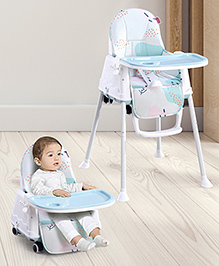
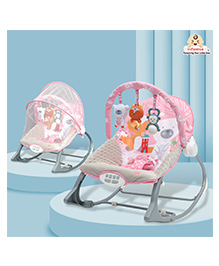
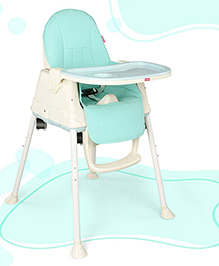
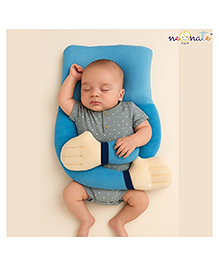
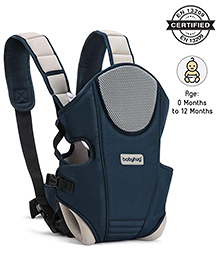
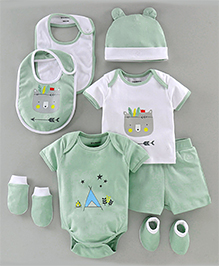
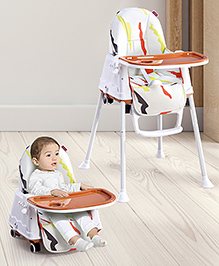
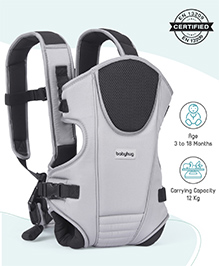
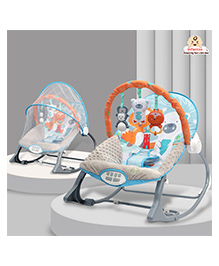
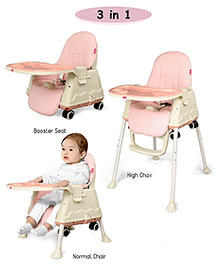


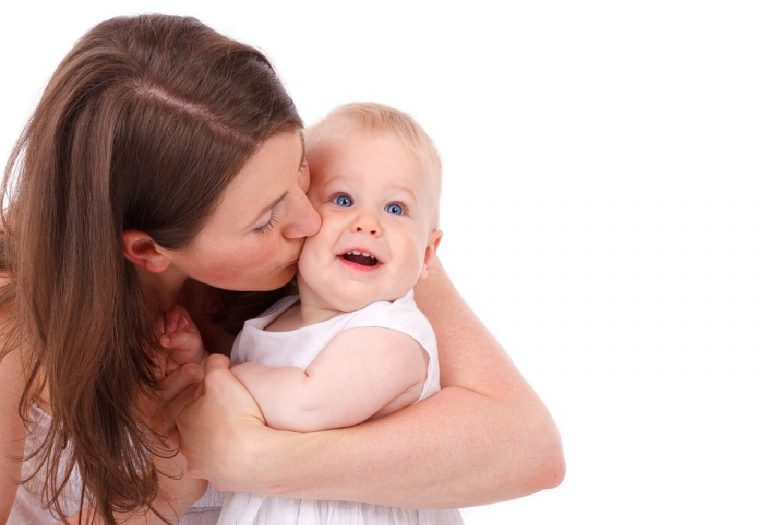

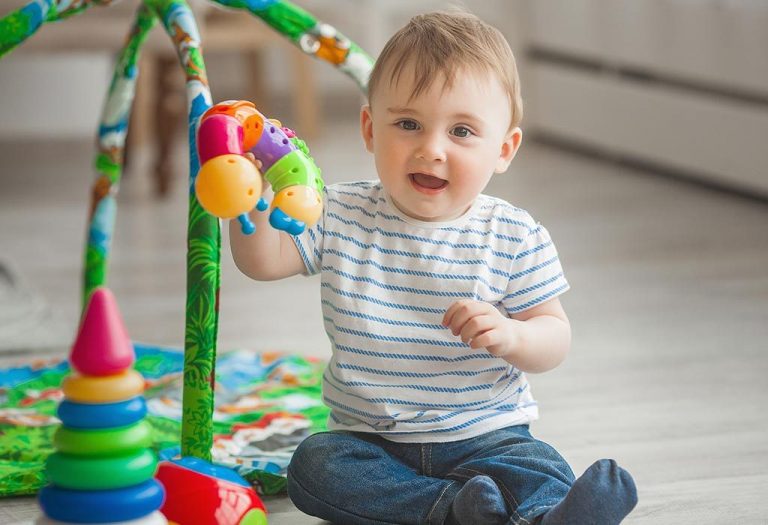


.svg)


















